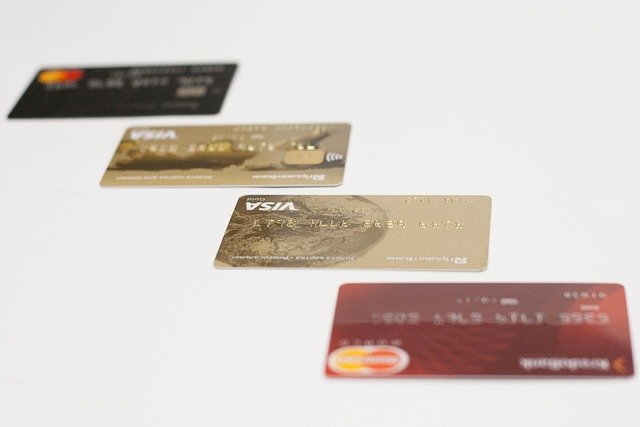Understanding Bank Accounts: A Comprehensive Guide
A bank account serves as the foundation of personal finance management, offering a secure way to store money while providing access to various financial services. Whether you're receiving your paycheck, paying bills, or saving for the future, choosing the right type of bank account is crucial for your financial well-being. Let's explore the essential aspects of bank accounts and how they can work best for you.

Features and Benefits of Bank Accounts
Modern bank accounts come with numerous features that enhance financial management. These include online banking access, mobile check deposit, automatic bill pay, and direct deposit capabilities. Many accounts also offer overdraft protection, fraud monitoring, and instant transaction notifications. Additional benefits may include ATM fee reimbursement, rewards programs, and integration with budgeting tools.
Opening a Bank Account
To open a bank account, you’ll need government-issued identification, proof of address, and Social Security number. Some banks require a minimum initial deposit, while others have no minimum requirements. The process can typically be completed online or in-person at a branch. Many institutions offer digital account opening that takes less than 15 minutes to complete.
Understanding Bank Account Fees
Banks may charge various fees for account maintenance and services. Common charges include monthly maintenance fees, overdraft fees, ATM usage fees, and wire transfer costs. However, many of these fees can be waived by maintaining minimum balances, setting up direct deposits, or choosing online-only banking options.
Security and Protection
Bank accounts in the United States are typically FDIC-insured up to $250,000 per depositor, per bank. Additional security features include encryption for online transactions, fraud monitoring systems, and zero liability protection for unauthorized charges. Many banks also offer two-factor authentication and instant account freezing if suspicious activity is detected.
Popular Bank Account Options and Costs
| Bank Type | Typical Monthly Fee | Minimum Balance Requirement | Notable Features |
|---|---|---|---|
| Traditional Bank | $5-15 | $500-1,500 | Branch access, ATM network |
| Online Bank | $0 | $0 | Higher APY, mobile features |
| Credit Union | $0-5 | $0-100 | Lower fees, member benefits |
| Premium Account | $25+ | $5,000+ | Premium services, rewards |
Prices, rates, or cost estimates mentioned in this article are based on the latest available information but may change over time. Independent research is advised before making financial decisions.
Managing Your Bank Account
Successful account management involves regular monitoring of transactions, maintaining required balances, and utilizing available features to maximize benefits. Set up account alerts for low balances or large transactions, review monthly statements, and keep track of automatic payments. Consider linking accounts for easier funds transfer and maintaining emergency funds in a separate savings account.






